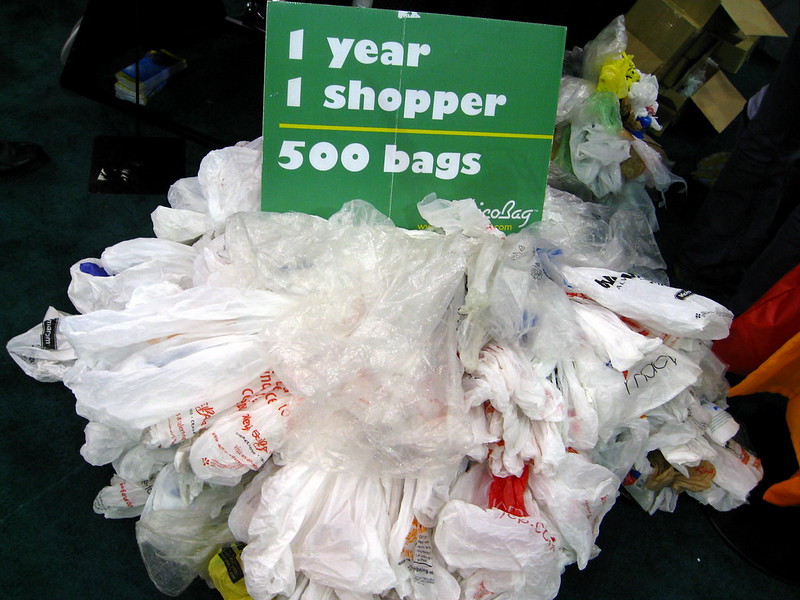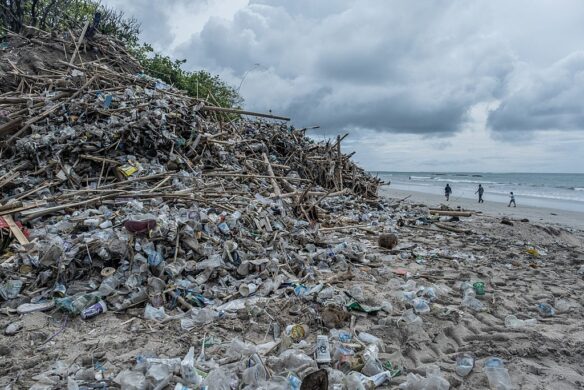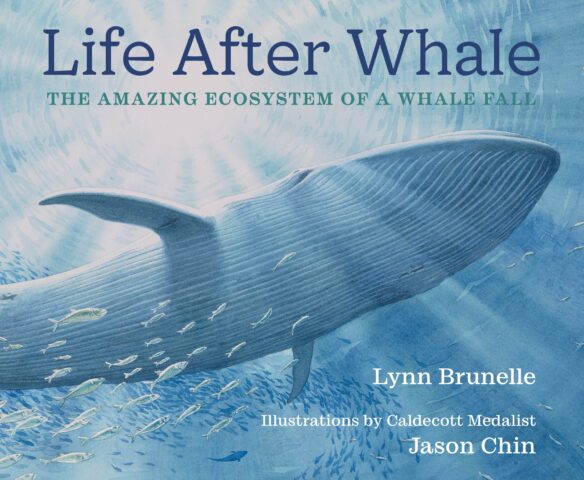Excerpt:
“The bottom line is that plastic bag bans work…”
Over the past several years, U.S. cities and states have passed hundreds of policies restricting the sale and distribution of single-use plastic bags. A new report says these laws have largely succeeded in their goal of reducing plastic bag use. The report — copublished by three nonprofits, Environment America, U.S. Public Interest Research Group Education Fund, and Frontier Group — draws on industry and government data to suggest that plastic bag bans can eliminate nearly 300 single-use plastic bags per person per year.
“The bottom line is that plastic bag bans work,” said Faye Park, president of the U.S. PIRG Education Fund, in a statement. “People realize quickly it’s easy to live without plastic bags and get used to bringing a bag from home or skipping a bag when they can.”
The report looked at plastic bag bans nationwide but focused on five representative policies in New Jersey; Vermont; Philadelphia; Portland, Oregon; and Santa Barbara, California. New Jersey’s, enacted in 2022, has had the greatest impact, eliminating more than 5.5 billion plastic bags annually. Policies in the other jurisdictions eliminated between about 45 million and 200 million plastic bags per year, depending on population size. The researchers arrived at their estimates using data collected by municipal agencies, academics, and plastics and grocery industry groups.
In total, there are more than 500 citywide ordinances banning plastic bags in the U.S., as well as 12 statewide bans — in California, Colorado, Connecticut, Delaware, Hawai‘i, Maine, New Jersey, New York, Oregon, Rhode Island, Vermont, and Washington. New bills could soon add Georgia and Massachusetts to that list.
The case against plastic bags is simple. They cause pollution at every stage of their lifespan, starting with the extraction of the oil and gas that’s used to make them. They cannot be recycled; after being used just once — for an average of about 12 minutes, according to one estimate — they are either incinerated or sent to a landfill, where they can last for hundreds of years…









